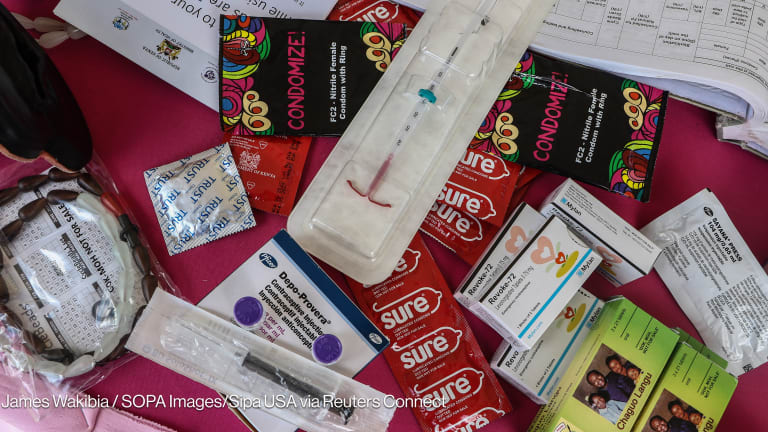For months, $9.7 million of contraceptives have been sitting in a Belgian warehouse. They were purchased by the U.S. government for women in developing countries — but as early as today, those contraceptives will be driven to an incineration site to be destroyed.
“They’ve said that this isn’t in alignment with their values,” said a congressional aide who visited that warehouse, referring to the Trump administration. “They’re trying to destroy it all by the end of the month, and I saw some boxes there that aren’t expiring until 2031.”
Between today and the end of July, two loaded trucks will be taking the contraceptives to and from a French incineration site, according to several sources familiar with the matter. It’s a process that is expected to take up to 13 days to complete, with many of the contraceptives — which include hormonal intrauterine devices, or IUDs, and birth control implants — requiring double-incineration.








